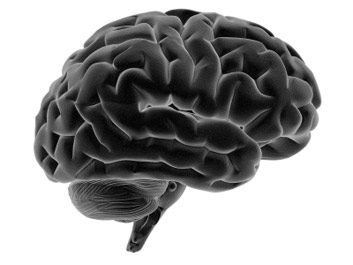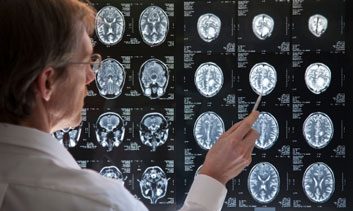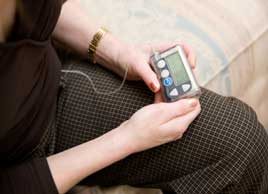
Hope for an HIV-free generation
Five years after receiving a bone marrow transplant for leukemia, Timothy Ray Brown still believes the transplant is also responsible for curing him of HIV. This summer, he announced that he has been off antiretroviral drugs since the transplant, and believes the disease has been fully eradicated. His surprise cure was triggered by a bone marrow transplant from a donor with a mutation that makes cells immune to HIV.
Brown’s cure is not one other AIDS patients would try – the procedure basically wipes out and restores the immune system and has a high risk of death. But researchers around the world are now investigating anti-retroviral pills that could target the “memory cells” of the immune system, thereby curing patients in a similar way to which Brown was cured.
Meanwhile, current anti-retroviral therapies continue to progress to the point where they’re able to suppress the HIV virus almost entirely. This is why doctors now refer to AIDS as a “chronic condition” that needs to be managed, rather than a progressive disease that will inevitably lead to death. While 1.7 million people a year still die of HIV, the phrase “HIV-free generation” has now become plausible.

Paralyzed patients control a robotic arm with their thoughts
Wouldn’t it be great if our brain wave signals could be interpreted into actions by robots?
In May, this cutting edge technology became a reality.
Two U.S. patients, both paralyzed from the neck down, tried a robotic arm created through the technology. One patient was able to bring a drink to her mouth simply with the power of her thoughts.
The team behind the futuristic technology included neurologists and computer robotics experts from Brown University, the Department of Veteran Affairs in Rhode Island, Massachusetts General Hospital and Harvard Medical School.
By implanting a sensor in the brains of the two patients, the scientists were able to zero in on the neurons activated when we think about moving an arm or a hand, and program a robotic arm to respond to that activity. The technology is still years away from developing into something disabled patients could feasibly use, but Cathy Hutchison, a paralyzed patient who tried the device, nonetheless said the experience made her feel “ecstatic” and gave her “a great sense of independence.”

Cancer-fighting power from grape seeds
In January, a study published in Carcinogenesis looked at the effects of grape seed extract on head and neck squamous cell carcinoma (a form of skin cancer). Amazingly, in cellular level and mice studies, grape seed extract was found to damage the DNA of cancer cells and block their ability to repair. But the extract wasn’t toxic to healthy cells around the carcinoma.
The University of Colorado, which led the study, is now researching how grape seed extract affects skin cancer in patients. Meanwhile, the US National Cancer Institute is investigating grape seed extract’s effect on breast cancer prevention and colon cancer treatment.

Scientists block Alzheimer’s disease in mice
German scientists are honing in on the proteins that contribute to Alzheimer’s Disease, a condition that affects millions every year. In November, Professors Frank Heppner and Burkhard Becher reported that an antibody they gave to mice blocked the immune response that can produce these abnormal proteins in old age. Behavioural observations of the Alzheimer’s suffering mice showed marked improvements in their memory, suggesting that treatment for Alzheimer’s for humans is not so far off.

Remission in Type 2 Diabetes
As Type 2 diabetes rates continue to increase in North America and around the world (we have our rich diets and sedentary lifestyles to thank), Dr. Bernard Zinman, the director of the Leadership Sinai Centre for Diabetes, is working to help diabetic patients live longer, healthier lives. In an ongoing study, patients in the early stages of the disease have been given a short course of insulin therapy that is normally reserved for more advanced stages of the disease.
The early, monitored treatment with insulin has been shown to give the pancreas a “rest” in early diabetic patients, thereby allowing it to produce insulin in a healthy way once again. In effect, the experimental insulin shots put diabetes in “remission,” according to Dr. Zinman. While the remission period won’t last forever, the idea of improving pancreatic function to treat diabetes, rather than simply substituting insulin, could revolutionize diabetes treatment in the future.
Related:
• Teen invents advanced cancer test using only Google
• Study finds tea extract that can shrink tumours
• The biggest health news of 2011
